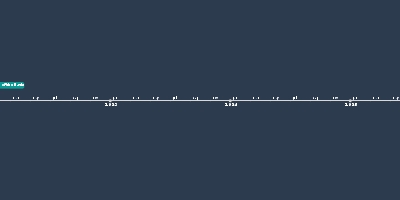8 nov 1923 anni - Munich Putsch
Descrizione:
Background Info:- The Nazi Party was gaining popularity, and by 1922 it had 3000 members. In the same year (1922) Mussolini marched in Rome in an attempt to gain control of Italy, Hitler was very inspired by that. In 1923, Stresemann called off passive resistance in the Ruhr, and the Nazis now had 5000 members. However, the Nazis wanted more than just members, they wanted power; they didn't believe that votes and elections would be an easy way to achieve that power, they believed that seizing control of the country would. And so, Hitler operated a putsch in Munich.
On the 8th of November 1923, Hitler and 2 other leading Nazis Hermann Goering and Ernst Rohm along with 600 SA members, marched into the Munich Beer Hall where a meeting with Bavarian Prime Minister Kahr was taking place. Hitler stopped the meeting and dramatically announced that a revolution would be taking place. After Hitler made his speech, he took Kahr into another room to try and convince him to join the Nazi Party. Hitler then left the Beer Hall, leaving one of his most trusted supporters in charge, General Ludendorff. This proved to be a huge mistake. As Hitler left the beer hall, Kahr asked Ludendorff if he and one of his generals be allowed to leave the beer hall to prepare for the putsch, Ludendorff let them go. Kahr then proceeded to report the whole ordeal to the authorities, and the police and army were alerted to put down the Nazi Putsch.
The next day, Hitler, Goering, Rohm, Ludendorff, and 3000 Nazi members and SA men marched into Munich. When they reached the center of the city, they were met with armed police. Shots broke out and the Nazis were no match for the police, as their weapons lacked firing pins. 16 Nazis were killed, Hitler fled the scene but was soon arrested along with Goering, Rohm, and Ludendorff.
AFTERMATH
In the short term, the Munich Putsch was a disaster for Hitler, the Nazis were humiliated, people did not rise and support him, and he along with other leading Nazis were arrested. However, in the long run, the Munich Putsch was not a complete disaster for him, for the following reasons:
- Publicity:
Although the putsch itself did not end well, the Munich Putsch was the headline on the German news. Hitler was now a popular person, and by the newspapers publishing quotes from his speeches, a lot of people started agreeing with his beliefs and opinions. Hitler and the Nazi party gained a lot of free publicity.
- Lessons learned:
Hitler realized that simply trying to seize power was not going to work. There was little desire by the German people for an armed revolution since they had seen enough bloodshed in the past couple of years (WW1). So, Hitler and the Nazi party would start taking part in elections to take power democratically. Propaganda would also be used, to empower them even more. And then, when the Nazi party gets to power, they would start their revolution.
- Time in prison:
Hitler was sent to 5 years in prison due to the putsch, but even then he only served 9 months. He was supposed to receive a life sentence, but many judges within the court agreed with his statements, as they too didn't like the Weimar government (the judges were part of the Kaiser time, their positions didn't get revoked, so their opinion towards the new government was always negative!). Hitler used his time in prison to write a book, which was very popular and gained a lot of attention as well.
Aggiunto al nastro di tempo:
Data:
8 nov 1923 anni
Adesso
~ 101 years ago
